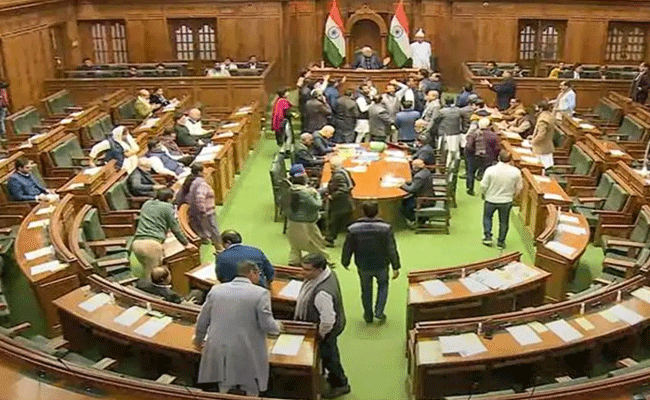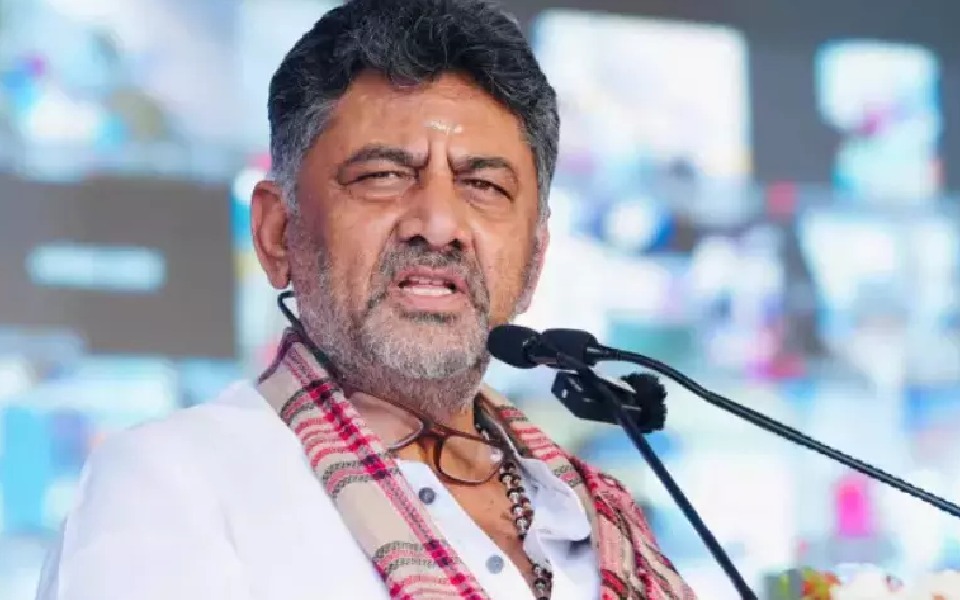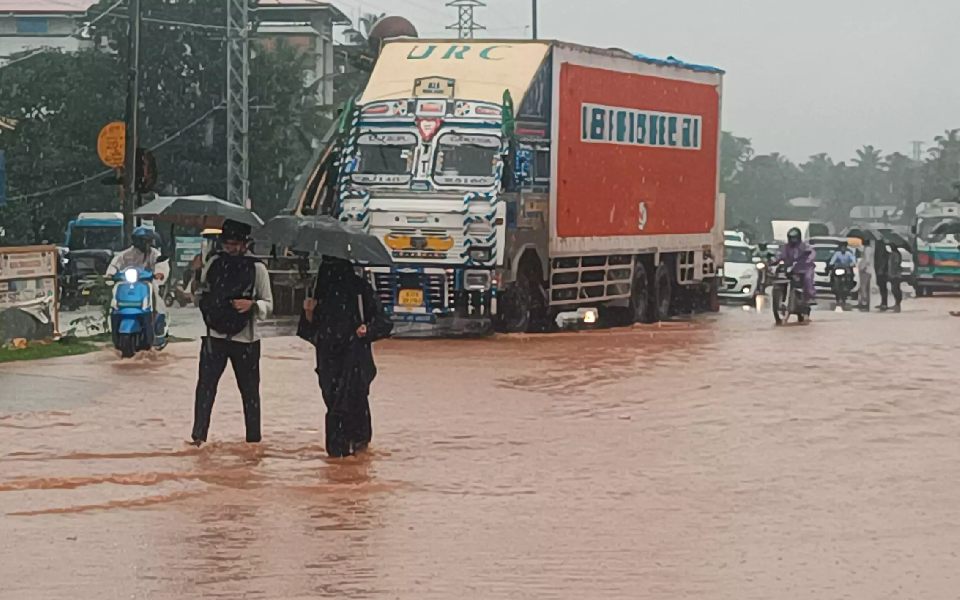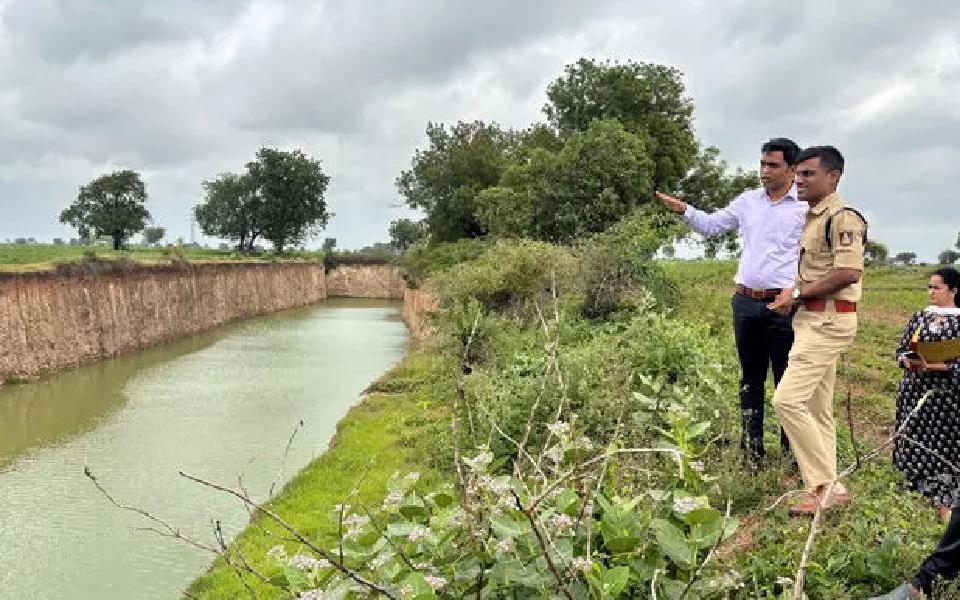New Delhi (PTI):
Delhi Assembly Speaker Ram Niwas Goel on Tuesday suspended five BJP MLAs for the day after they protested against AAP MLA Atishi's calling attention motion on the issue of alleged "illegal interferences" of Lieutenant Governor (LG) V K Saxena in the education of children and training of teachers.
BJP legislators Ajay Mahawar, Jitendra Mahajan, OP Sharma, Abhay Verma and Anil Bajpai were marshalled out of the House on Goel's directions.
Introducing the calling attention motion, Aam Aadmi Party (AAP) legislator Atishi said Delhi is the only state which has earmarked a quarter of its budget for education.
The Kejriwal government has increased the budget for training of teachers by 10 times which has transformed the education system in the capital, she said.
"The LG's order to stop teachers from training in Finland is illegal. He holds a constitutional post and is not a BJP agent. He doesn't have power to take independent decisions according to Supreme Court orders," Atishi said.
AAP MLA Saurabh Bhardwaj claimed officers were obstructing works at "the behest of the BJP-appointed LG while the BJP MLAs are alleging that Delhi government is not able to work".
The people of Delhi are irritated with the BJP for creating hurdles in the Kejriwal government's works, he said.
BJP MLAs on Tuesday wore black clothes and turbans to the Delhi Assembly to protest against alleged corruption and scams of the AAP government and demanded that Chief Minister Arvind Kejriwal resign from the post.
Mahawar alleged corruption in the purchase of buses, excise policy and the work of the Delhi Jal Board.
He said the "dishonest" government of Kejriwal is shielding Manish Sisodia "accused of gross corruption" while one of his ministers, Satyendar Jain, is in jail on corruption charges.
This is the second day of the three-day session of the assembly that started on Monday.
Amid protest by MLAs of the ruling AAP against Lieutenant Governor Saxena's alleged interference in the working of the city government, the assembly saw repeated adjournments on the first day of the session and hardly 10 minutes of proceedings could be held.
Let the Truth be known. If you read VB and like VB, please be a VB Supporter and Help us deliver the Truth to one and all.
Mumbai, Jul 25 (PTI): Police have opposed the bail plea of the Bangladeshi national arrested for allegedly stabbing Bollywood actor Saif Ali Khan with a knife and injuring him at his home here in January this year, telling a Mumbai court there was "strong evidence" against the accused.
Citing a Forensic Science Laboratory report, police reiterated before the sessions court their earlier claim knife fragments that got lodged near the actor's spine during the attack as well as a part found at the crime spot have matched with the weapon recovered from the accused, Shariful Islam.
These three pieces were part of the same weapon (knife) used to attack the filmstar, the police said in a written response to the accused's plea submitted in the court on Thursday (July 24).
Khan was repeatedly stabbed with a knife by an intruder inside his 12th floor apartment in upscale Bandra on January 16 during a robbery attempt.
The 54-year-old actor underwent surgery at Lilavati Hospital to remove a piece of knife that got lodged near his spine during the attack. He was discharged from the private hospital after five days.
Shariful Islam, a Bangladeshi national, was arrested two days later for allegedly stabbing Khan.
The police, in their response, highlighted that the accused is a Bangladeshi citizen residing illegally in India.
If granted bail, there was a possibility that he may flee India and not appear before the court during the trial. The crime committed by the accused is of a "very serious nature, and strong evidence" is available against him, they argued.
In his bail plea, filed through advocate Vipul Dushing, the accused asserted he was innocent and had no prior criminal record.
Investigation into the case has practically concluded with only the filing of a chargesheet pending, the accused contended while seeking bail.
The alleged attacker has been booked under Bharatiya Nyaya Sanhita (BNS) sections related to house trespass, robbery and dacoity with attempt to cause death or grievous injury.





